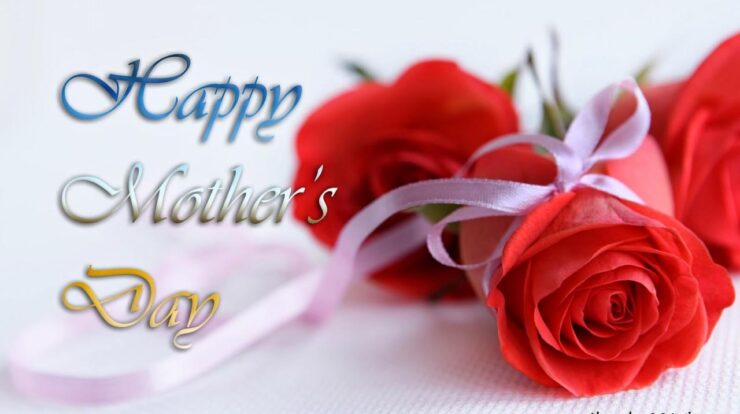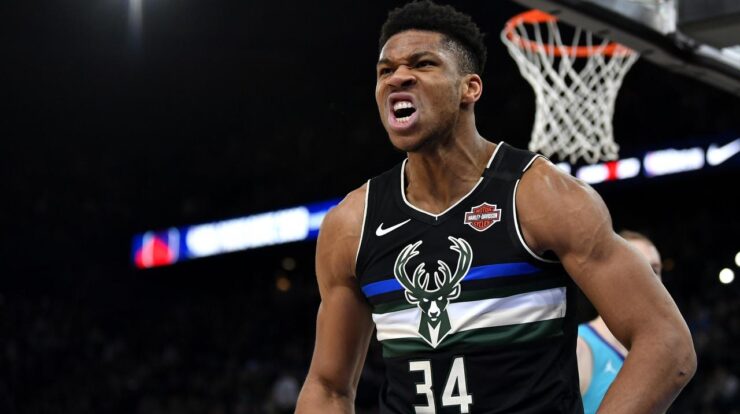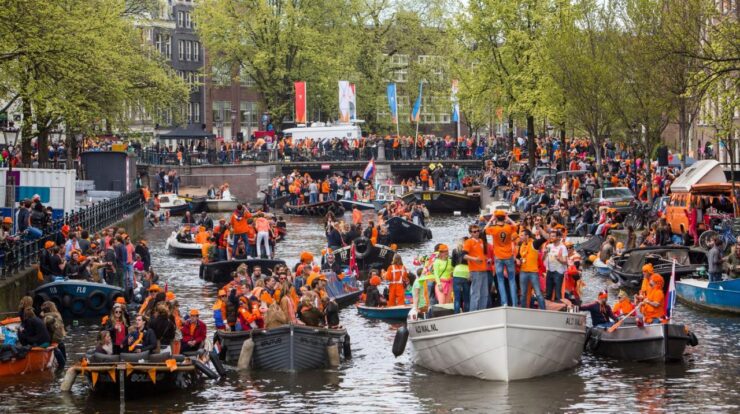
Dutch Kings Day, a vibrant celebration steeped in history and tradition, is an annual event that showcases the Netherlands’ rich cultural heritage and deep-rooted monarchy.
This beloved holiday, observed on April 27th, commemorates the birth of King Willem-Alexander and is a testament to the enduring bond between the Dutch people and their sovereign.
Dutch Kings Day: A Historical and Cultural Celebration

Dutch Kings Day is an annual national holiday in the Netherlands celebrated on April 27th. It marks the birthday of the current Dutch monarch, King Willem-Alexander. The holiday is known for its vibrant atmosphere, colorful festivities, and deep-rooted traditions.
The origins of Dutch Kings Day can be traced back to the 19th century when the Netherlands was ruled by King William I. In 1885, the Dutch people began celebrating the king’s birthday as a way to show their support for the monarchy and national unity.
Over the years, the holiday has evolved and become a beloved tradition that brings people together from all walks of life.
Traditional Customs and Celebrations
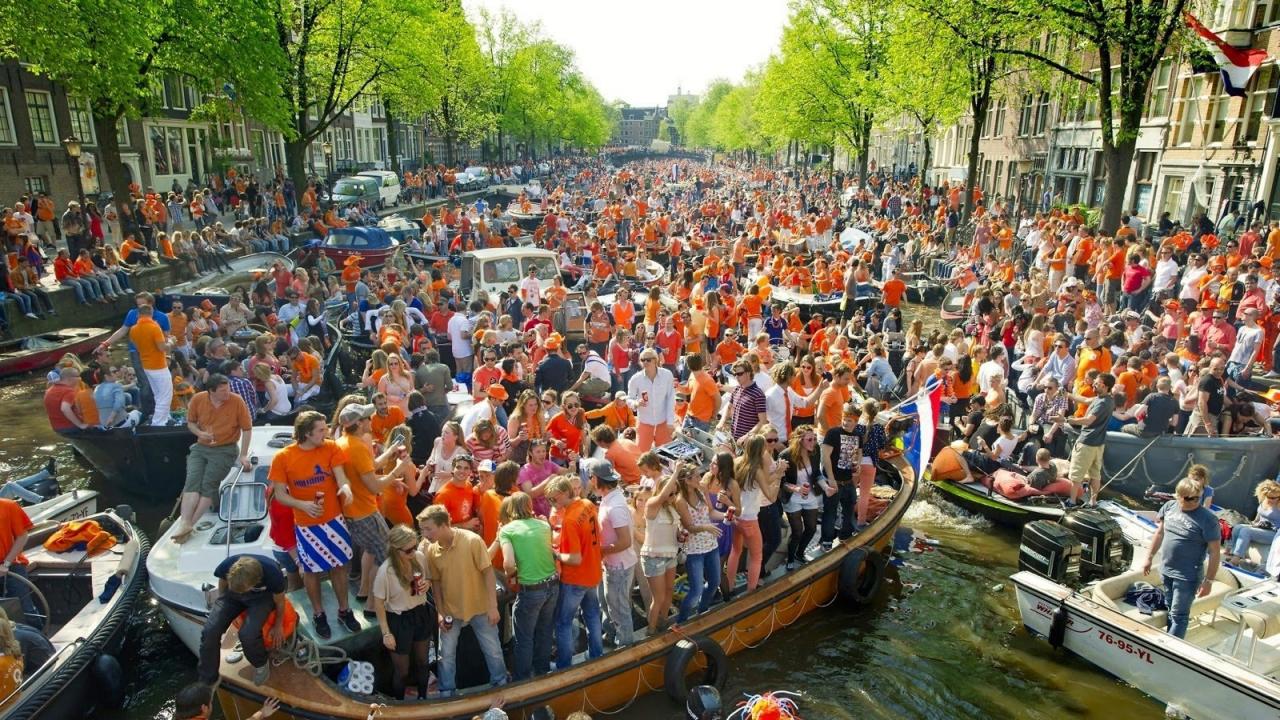
Dutch Kings Day is a day of national pride and celebration. The holiday is characterized by a festive atmosphere with people wearing orange clothing and decorations. Orange is the national color of the Netherlands and symbolizes the House of Orange-Nassau, the Dutch royal family.
Traditional festivities include street parties, parades, and live music. Many people take part in “vrijmarkten” (free markets) where they can sell or trade used items. Food and drinks are also an important part of the celebrations, with traditional Dutch treats such as “oranjebitter” (orange liqueur) and “stroopwafels” (caramel waffles) being popular.
Economic Impact, Dutch kings day
Dutch Kings Day has a significant economic impact on the Netherlands. Businesses, especially in the hospitality and retail sectors, experience a surge in sales and revenue. The holiday also attracts a large number of tourists, contributing to the tourism industry.
According to the Dutch Central Bureau of Statistics, Dutch Kings Day generates approximately €700 million in sales revenue. Many businesses use the holiday as an opportunity to offer special promotions and discounts, attracting customers and boosting their profits.
Social and Cultural Significance
Dutch Kings Day is more than just a celebration of the monarchy. It is also a day for the Dutch people to come together and celebrate their national identity. The holiday fosters a sense of community and strengthens the bonds between people from different backgrounds.
Dutch Kings Day also plays a vital role in preserving Dutch traditions and heritage. The holiday’s customs and festivities have been passed down through generations, connecting the present to the past. It is a day when people can embrace their Dutch roots and celebrate the unique culture of their country.
Global Recognition and Variations
Dutch Kings Day is not only celebrated in the Netherlands but also in other countries with a significant Dutch population. In countries such as Canada, Australia, and South Africa, Dutch communities organize their own celebrations, often incorporating local traditions and customs.
For example, in Canada, Dutch Kings Day is known as “Koningsdag” and is celebrated with parades, festivals, and orange-themed events. In Australia, the holiday is known as “Koninginnedag” and is celebrated with similar festivities. These international variations showcase the influence of Dutch culture on different parts of the world.
Outcome Summary
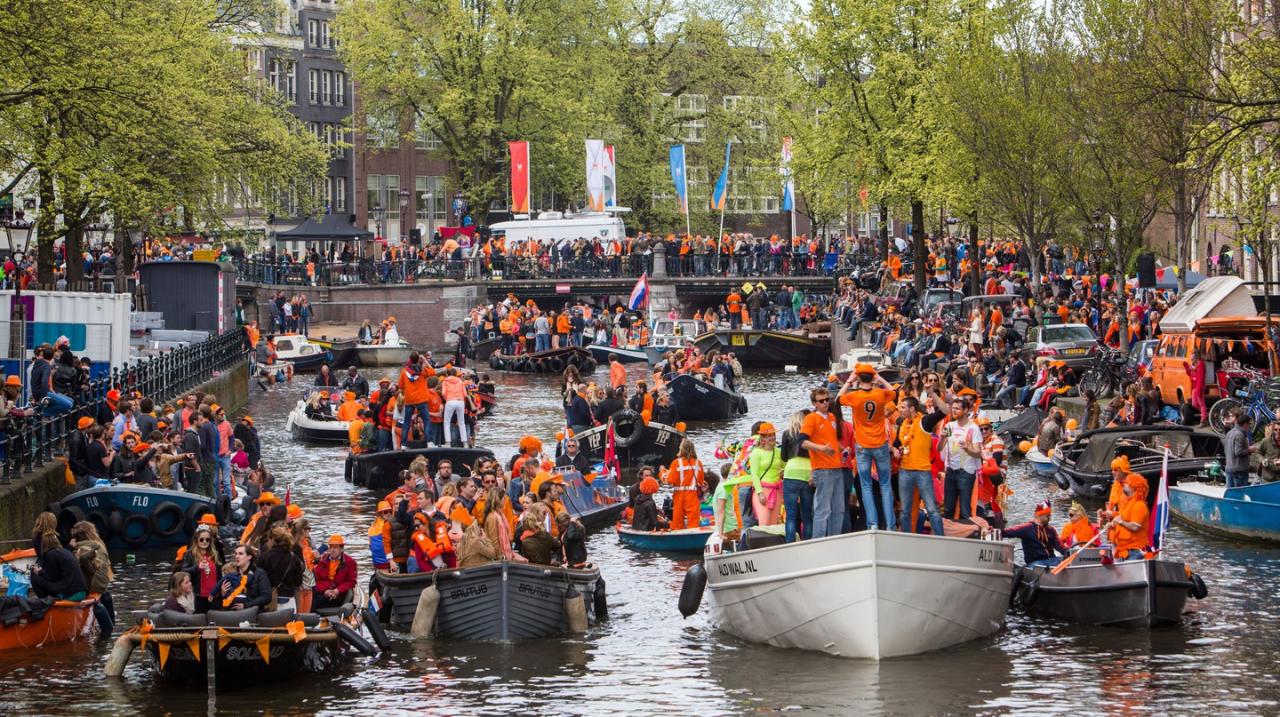
Dutch Kings Day stands as a testament to the enduring spirit of the Netherlands, where tradition, community, and national pride intertwine to create a truly unforgettable celebration.
Essential FAQs: Dutch Kings Day
When is Dutch Kings Day celebrated?
Dutch Kings Day is celebrated on April 27th.
What is the significance of orange clothing and decorations during Dutch Kings Day?
The color orange is associated with the Dutch royal family, and wearing orange clothing and decorations is a way to show support for the monarchy and celebrate the holiday.
What are some of the traditional activities associated with Dutch Kings Day?
Traditional activities associated with Dutch Kings Day include parades, music, food, and games.



